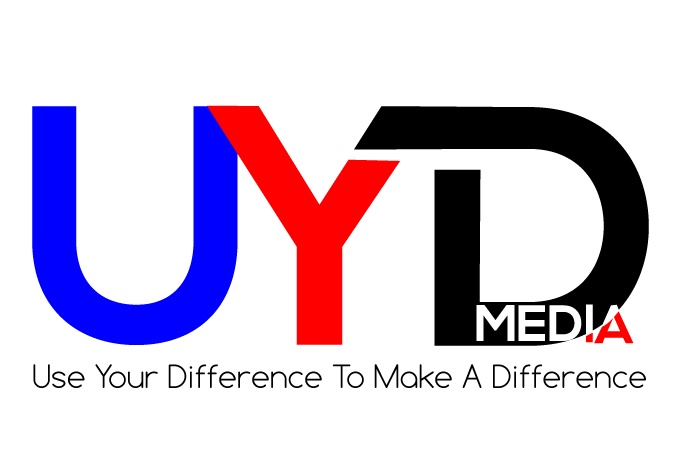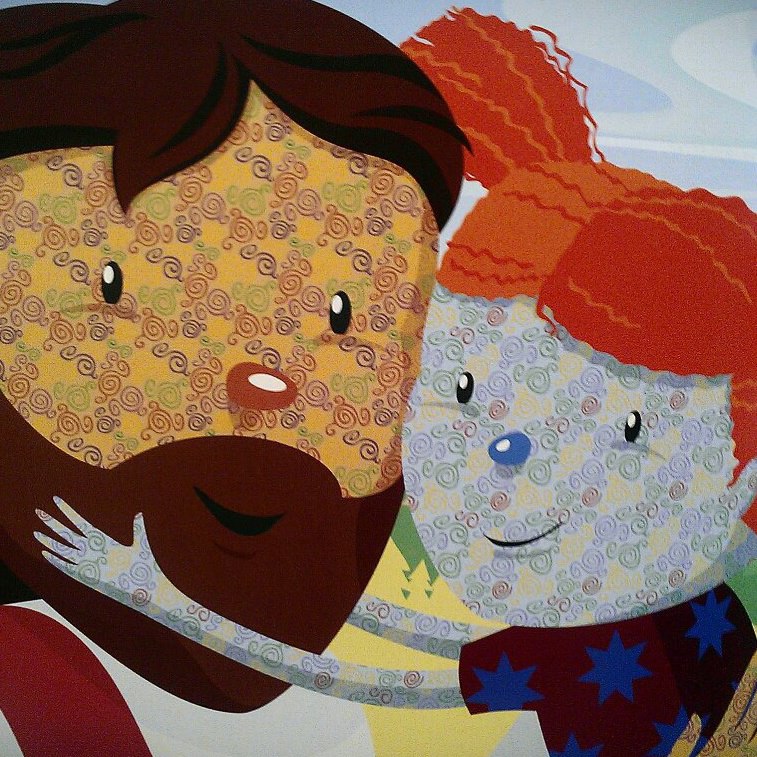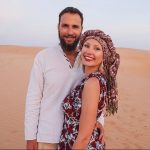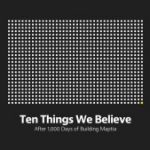Can you tell us about your background?
I’m an MK (missionary kid) who was born in the USA (to parents of mostly British, Scotch and Irish ancestry), grew up mostly in Nigeria, studied secondary level in Kenya, studied for my bachelor’s degree in Thailand and USA, and have also since worked in Kenya, Nigeria, and Mexico and am working on my Masters degree while in Uganda and Tanzania.
So with all that how do you usually identify yourself?
I usually identify myself as an American from the state of Oregon. But if the conversation requires some explanation of background at some point I explain that I grew up in Africa and that Oregon is my mother’s home state, but I don’t really have a home state. Of course in Africa your origin is generally traced exclusively through your father, so then I have to explain that my father is also a missionary kid and his father was also a missionary kid and immigrant kid… so there’s no connection to “our village” anymore! (Many African friends are dismayed when I explain that, but I’m okay with it. Really.) TCK-ness is a huge part of my self-identity, but I don’t explain that to everyone unless I see they are really interested to understand my background more.
So you’ve traveled, lived and worked in several countries. Can you tell us what you’ve learned from your time overseas?
Whoa, loaded question! It’s like asking, “What have you learned from your entire life experience?” To which the reply must be, “Um, everything I know!” I think one major thing I have learned—and continue to try to learn better—is that it is easy to build and maintain barriers between ourselves and “the Others”, but that we must tear down the barriers and build bridges instead. This is much easier said than done, especially for barriers linked to race, for example. I can’t really hide the fact that I’m white…
When I returned to Nigeria to work for a year after being away for 7 years I was surprised at how many cultural and linguistic things were obvious to me as an adult which I had been completely oblivious to as a child. I was home-schooled and seldom ventured beyond the walls of our mission compound, despite calling the same city (Ile Ife, cradle of Yoruba) home for ten of my developmental years. I don’t necessarily resent the way I was brought up, but I am challenged to really seek to live among and explore the people and places around me now, wherever I am for the moment.
You recently wrote a book called Swirly. Talk to me about it and why you decided to write it?
Swirly is a children’s book I wrote about the TCK experience. While a teenager in an international high school (the beautiful Maxwell Adventist Academy) I heard the poem “Colors” by Whitni Thomas from a visiting speaker from Interaction International. The poem really resonated with me:
Colors by Whitni Thomas, MK
I grew up in a Yellow country
But my parents are Blue.
I’m Blue.
Or at least, that is what they told me.
But I play with the Yellows.
I went to school with the Yellows.
I spoke the Yellow language.
I even dressed and appeared to be Yellow.
Then I moved to the Blue land.
Now I go to school with the Blues.
I speak the Blue language.
I even dress and look Blue.
But deep down, inside me, something’s Yellow.
I love the Blue country.
But my ways are tinted with Yellow.
When I am in the Blue land,
I want to be Yellow.
When I am in the Yellow land,
I want to be Blue.
Why can’t I be both?
A place where I can be me.
A place where I can be green.
I just want to be green.
In university I took a course in how to teach reading and language arts to children in primary school. One of the projects for the course was to author an original children’s story. I was inspired to adapt the premise of the poem “Colors” into a children’s storybook, and propose an answer to the question, “Where can I be green?” That’s how the book Swirly was born. I wrote it for my class back in 2008 and it was later published by Review and Herald Publishing Association in 2012.
What themes in the book do you think resonate with Third Culture Kids?
The main character of the book is a little girl named Lila who is “born to a happy blue family.” They move to the Yellow Country when Lila is still a baby, and as she grows she becomes a swirl of blue and yellow, and later red, too, when they move to the Red Country. Lila is distressed when she realizes that she isn’t really blue or yellow or red and wonders where she belongs. When she meets another swirly child and his swirly mother, she learns that she is not the only swirly person out there and that swirliness can be a gift. She also learns that the Swirliest Person Ever—Jesus—has promised her a place to belong with him forever. (The last point about a place to belong doesn’t come out so clearly in the current edition, but I’m hopeful that the ending can be reworked in a future edition and that adults sharing the current edition with children can bring out that point themselves as they discuss the book.)
Of course I hope the book will help TCKs face the struggle of sorting out their identity. I hope that it will help all children—TCK or non-TCK—to appreciate diversity and celebrate “swirliness.”
Why is diversity really important to you and tell us how you see multicultural individuals making an impact in the world.
This is a loaded question which could be answered in several volumes. One thought regarding diversity which I feel strongly about lately is that it is vital for the growth of individuals and society. When we pressure everyone to conform to think and act the same we all STAGNATE. We NEED to have differences. Many differences aren’t better or worse than each other—just different, to add spice to life. (And I love spice!) Some differences are better or worse than each other interchangeably, depending on the context. And some differences really do have superior or inferior moral value compared to the norm, I believe. We need to have room to be exposed to both. Of course we need to be invited to move a step up morally. But we also need to hear the challenges to move a step down so that we are provoked to re-examine (and hopefully re-affirm) the values which have upheld the norm, rather than conforming merely out of habit or out of fear of condemnation for being a non-conformist.
I see many multicultural individuals who have had a lifetime of training in adapting to and analyzing diverse cultures who can now serve as bridges between groups who may not interact much. They can serve as champions for tolerance and CELEBRATION of diversity.
Where can people find your book?
My book is available on the shelves of any Adventist Book Center in North America. It’s also available online through the Adventist Book Center, Amazon, Barnes & Noble and any other website where books are sold.
How have you resolved that feeling of home?
I’m blessed with a very loving, stable family. I feel at home when I’m with them, wherever that may be at the moment. Now and then I do feel the pang of wanting to identify with a physical location and its community, but usually these days I’m happy with my mobility and adaptability. Almost everywhere I’ve lived without my family I’ve also been blessed with at least two friends who really welcomed and included me, and it’s that love and acceptance that makes me feel at home. And as Lila learns in my book Swirly, ultimately I have hope that Jesus is preparing a permanent place where I can belong in Heaven.
- John 14:1-4– “Don’t let your hearts be troubled. Trust in God, and trust also in me.2 There is more than enough room in my Father’s home.[a] If this were not so, would I have told you that I am going to prepare a place for you?[b] 3 When everything is ready, I will come and get you, so that you will always be with me where I am. 4 And you know the way to where I am going.”
- Hebrews 11:13-16– 13 All these people died still believing what God had promised them. They did not receive what was promised, but they saw it all from a distance and welcomed it. They agreed that they were foreigners and nomads here on earth.14 Obviously people who say such things are looking forward to a country they can call their own. 15 If they had longed for the country they came from, they could have gone back. 16 But they were looking for a better place, a heavenly homeland. That is why God is not ashamed to be called their God, for he has prepared a city for them.
My mission statement is “use your difference to make a difference” and that is something I try to live by everyday. What is one way you use your difference to make a difference?
I want to use my intercultural skills to work for the empowerment of the disadvantaged in the world. That is why I’m now studying a Masters in Global Community Development through Southern Adventist University. (See a video here.) I love how hands-on this program is! And I really appreciate the opportunity it has given me to get an internship based in rural Northern Uganda for a whole year working with communities who are building skills and structures to help their kids learn to read. This includes writing books for their children in mother tongue (in this case Leblango) so they have interesting reading material to practice with. (Education and literacy are my areas of interest, but I have classmates doing the same Masters with emphases in entrepreneurship, emergency response, agriculture, youth empowerment and others.)
I also want to write material that invites others to celebrate diversity. Of course Swirly is already published, but I want to write some more children’s book, especially some relevant to African contexts which can be added to the resources people are sharing through African Storybook Project. The goal ofAfrican Storybook Project is for children in Africa to have access to an abundance of age-appropriate and culturally relevant reading materials. (I wish all the UYD readers would check it out and add new stories and/or translations!) I also want to a write a children’s book about the history of how English came to be spoken all over the world and in such an array of rich dialects. And I want to write for adults who may be confused by new English dialects as they travel. Currently I’m living in Uganda, so I plan to start with A Foreigner’s Guide to Uglish. (Uglish = Ugandan English. And no, I am not the creator of that term.)
Where can we find out more about you and what are you up to?
I’m on Facebook as Sara Saunders. Establishing a blog again is also one of my new year’s resolutions, and when I do I will share it with UYDers and look forward to hearing their responses to my thoughts!





